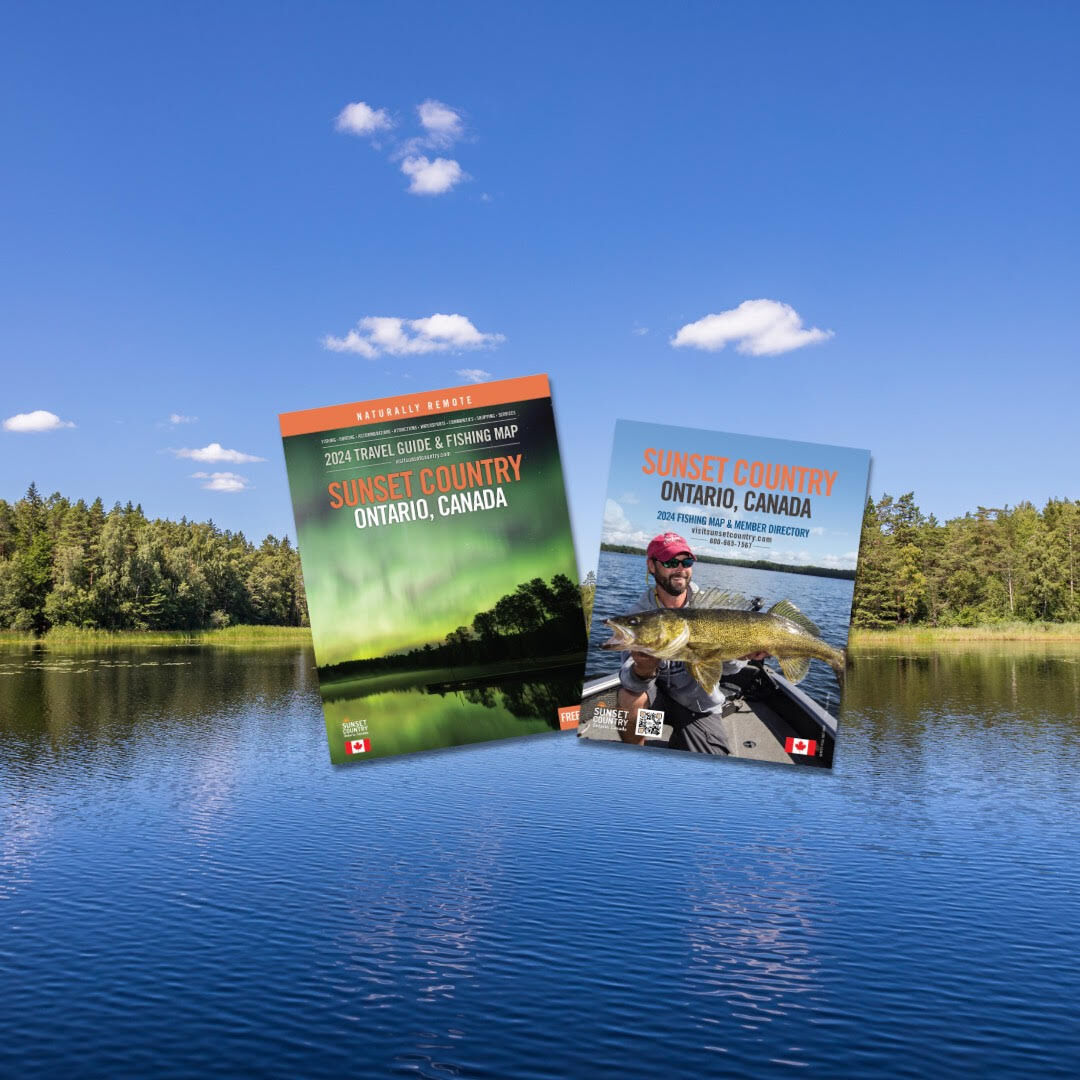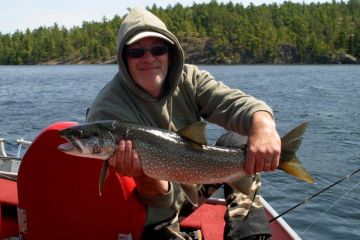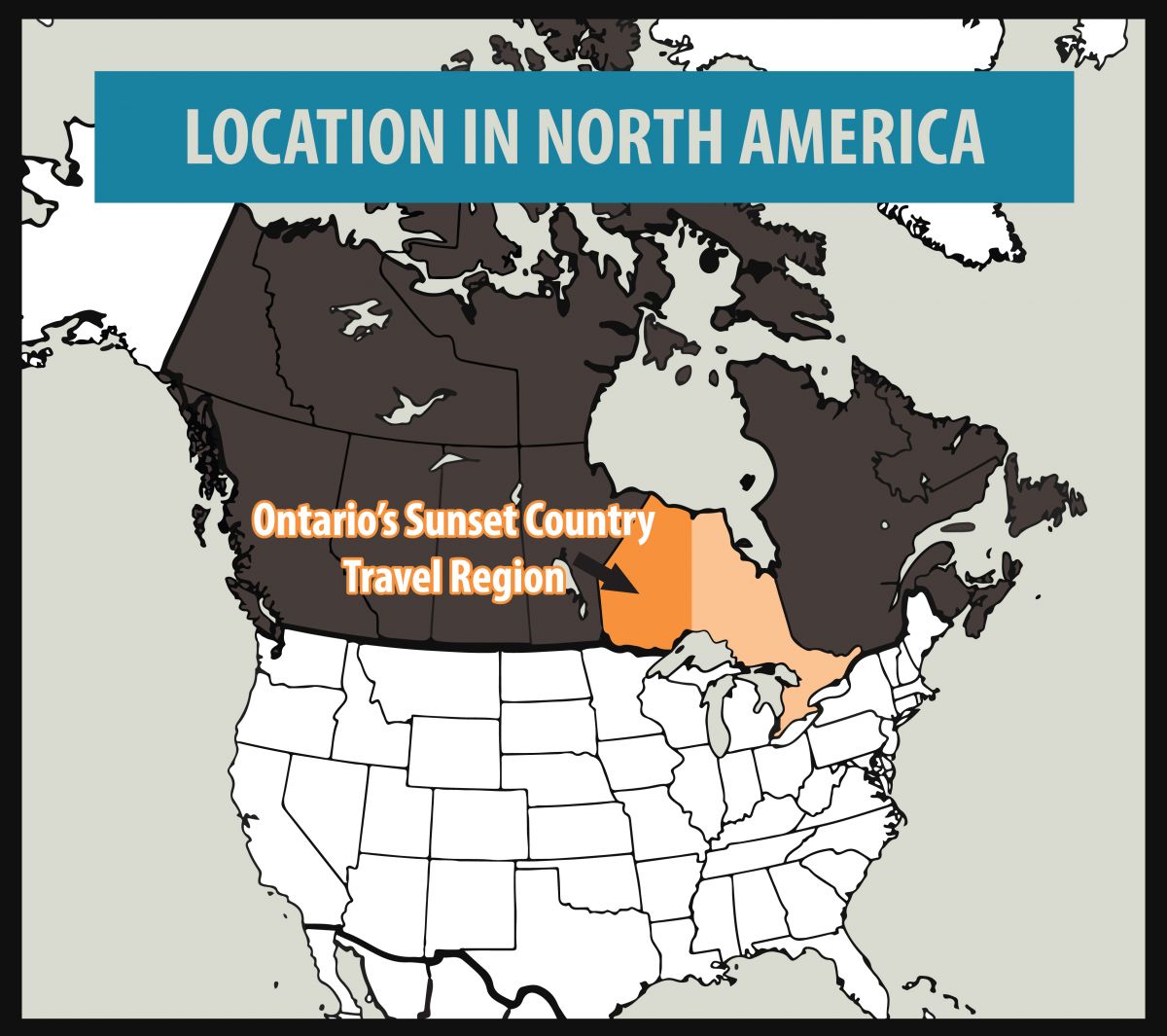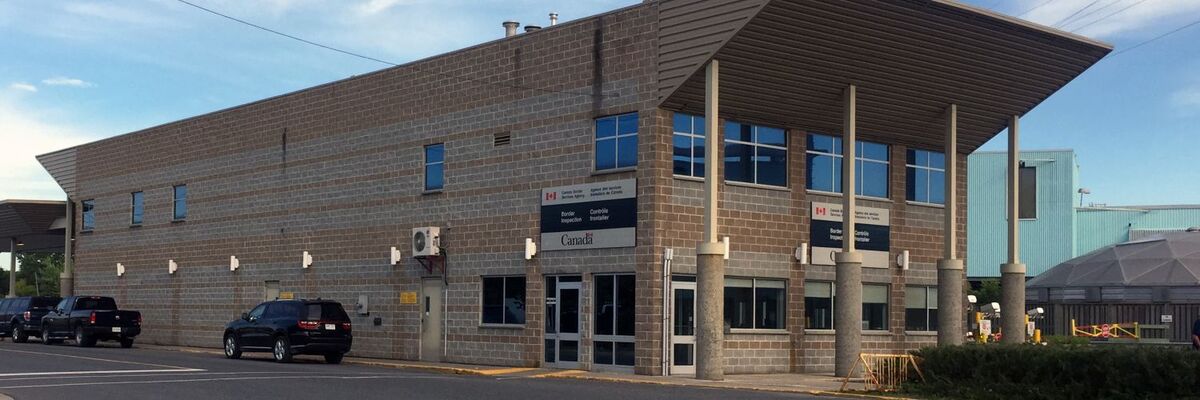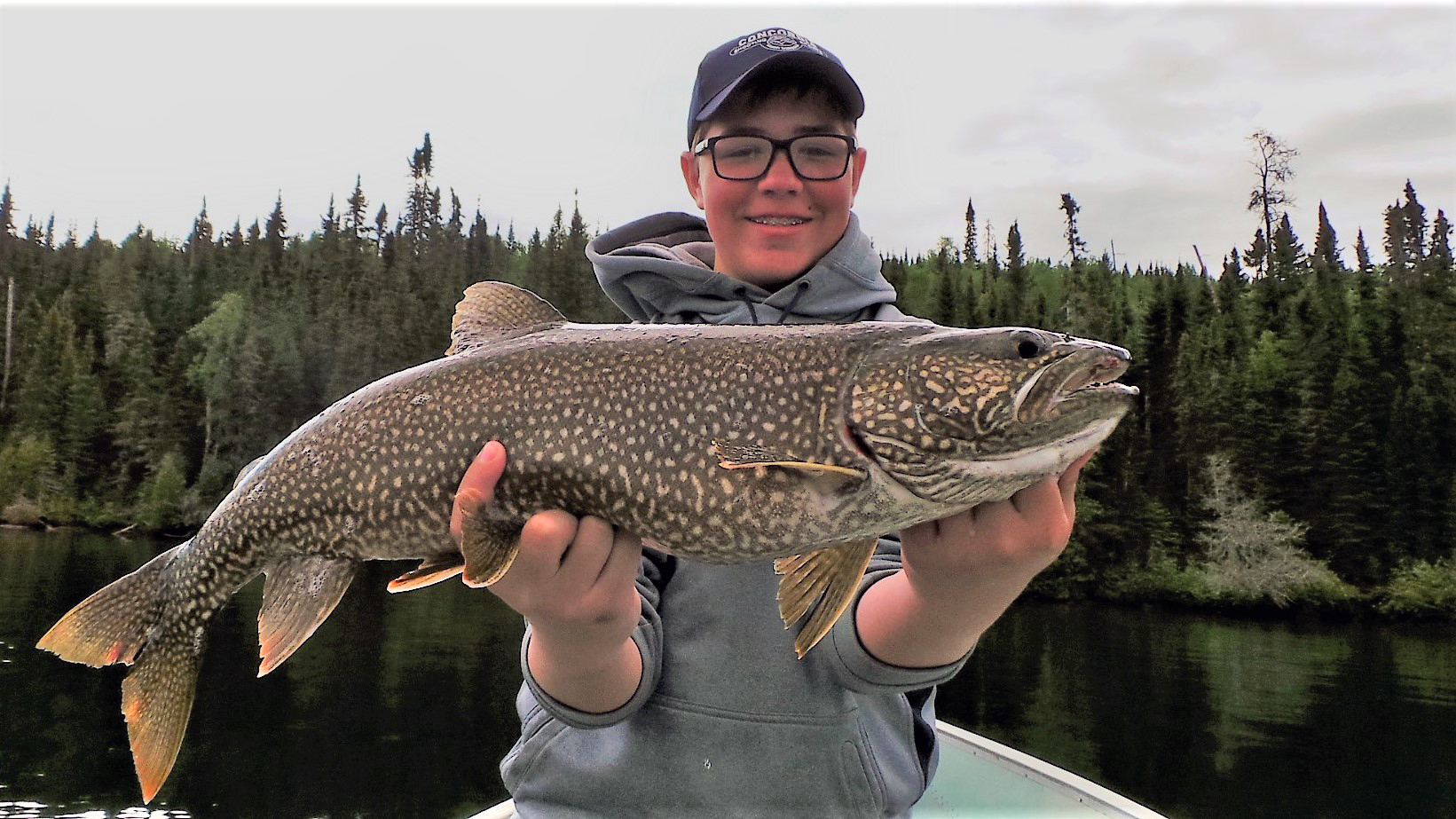Are you looking for travel information for Ontario, Canada? Ontario's Sunset Country is a non-profit travel association whose mandate is to provide people with the information they need to plan a trip to Ontario. We service the Northwestern region of Ontario, basically from just west of Lake Superior westward to the border with the Province of Manitoba.
Our southern border is with the State of Minnesota, where most visitors from the United States who travel by car cross the International border. We've written this article to help you find the necessary information when planning a trip here, so read on. If what you're looking for is not listed, call us on our toll-free line at 1-800-665-7567, and we'll try to help.
We've structured this article to provide an easy-to-navigate framework for finding travel information. We try to answer some of your more common questions and provide links to helpful travel resources.
Getting Here
Most people who visit Northwestern Ontario drive here. If you want to fly and live in Canada, you must first travel to Winnipeg, Manitoba, or Thunder Bay, Ontario, then drive from there. If you're flying from the USA, the fastest route or fly to the border community of International Falls, MN (via Minneapolis) and then drive the rest of the way. You can also fly to Winnipeg or Thunder Bay. Some lodges offer shuttle services to their guests from these locations.
Crossing the Border
As a US citizen, you should have a passport to cross into Canada and return home after your trip. You can also get a passport card or Nexus card. Here is how to get your US passport. The Canadian Border Services also accepts an enhanced driver's license (from certain states), but check with them before crossing to make sure. Children under 16 require a birth certificate. If you fly, you need a passport.
Resource: Canada Border Services Agency.
Bringing in Tobbacco, Alchohol and Food Products
You're allowed to bring in a limited amount of tobacco or alcohol duty-free into Canada. Amounts over the limit are subject to duty.
Resource: What can you bring to Canada?
Entering Canada with a DUI/DWI
This is potentially an issue for travellers, although you can apply for a rehab permit. It depends on how long ago the offence occurred and the circumstances/sentence. Before travelling, you should check with Canada Border Services to ensure you are not inadmissible.
Resource: Applying for a Rehabilitation Permit
Firearms
You are not allowed to bring firearms into Canada unless you have a hunting trip booked or you are participating in a shooting competition. You must fill out a Firearms Declaration Form before crossing the Border and follow all the firearms storage and transportation regulations.
Resource: Importing a Firearm in Canada
Fishing Information
If you visit here on a fishing trip, you require an Ontario fishing license. You can purchase a full-limit or conservation-limit license. Licenses are available for one day, seven days, or the entire season. Important: You can not bring any bait (live or dead), including nightcrawlers, into Canada.
Resources: Buy a License Ontario Fishing Regulations Summary
Currency
While many businesses accept US currency, some don't, and others take it but only on par with the Canadian dollar. If you're an American travelling in Canada, we recommend buying Canadian currency from your financial institution and using it here. This maximizes your budget. You can also use a major credit card where accepted, and it will automatically convert any charges in Canadian dollars into US dollars when you get the statement. Current exchange rates are at 35%, meaning a US dollar is worth 1.35 Canadian dollars.
Driving
Your valid US driver's license allows you to drive in Canada. It is important to remember that posted speed limits in Canada are in kilometres per hour, not miles per hour. For example, a typical urban speed limit here is 50 kmh, which equals 32 mph. Typical Highways speeds are typically 80 kmh (50 mph). Seat belts and children's car seats for infants and toddlers are mandatory.
As long as your vehicle or trailer follows your state laws and regulations, it is accepted in Canada while you are visiting. Make sure you have your vehicle registration and insurance cards. If your trailer does not require a plate in your home state, buying a temporary permit from your state DOT before travelling is highly recommended, as the Canadian police will likely pull you over if your boat trailer is unplated.

Health and Emergency Services
If you are a US citizen travelling to Canada, purchasing additional "travel health insurance" that covers you in Canada is highly recommended. This will ensure you are not saddled with expensive health care bills should you require emergency medical care. The emergency number in Canada is the same as in the US: Call 911.
Restrictions on What You Can Bring to Canada
While most items from the US are allowed into Canada (except handguns), there are rules about specific foods you should be aware of. Of note, all meat must be USDA stamped, and due to Avian influenza, there may be restrictions on poultry products depending on the state from which you are travelling.
Resource: Restrictions on What You Can Bring to Canada
Accommodations and Lodging
For the pass-through traveller, most of our communities have a choice of hotel and motel accommodations offering overnight accommodations. Most US visitors to Northwestern Ontario stay here at least 4 days a week, and most of those stay at our many lodges, resorts or campgrounds if they have an RV. A wide selection of packages is available depending on what you're looking for. Options include an "American Plan" package, which includes meals and sometimes a guide. For those doing their own cooking, housekeeping cabins are what you're looking for. You can drive, boat in or fly in on a float plane to your lodge. Outpost packages are remote cabins, often the only cabin you fly or boat into on the lake. Other options include full-service campgrounds, houseboat rentals or hotel/motels.
Resource: Find a Place to Stay
Travel Information Resources
Here are links to additional travel resources for Northwestern Ontario.

